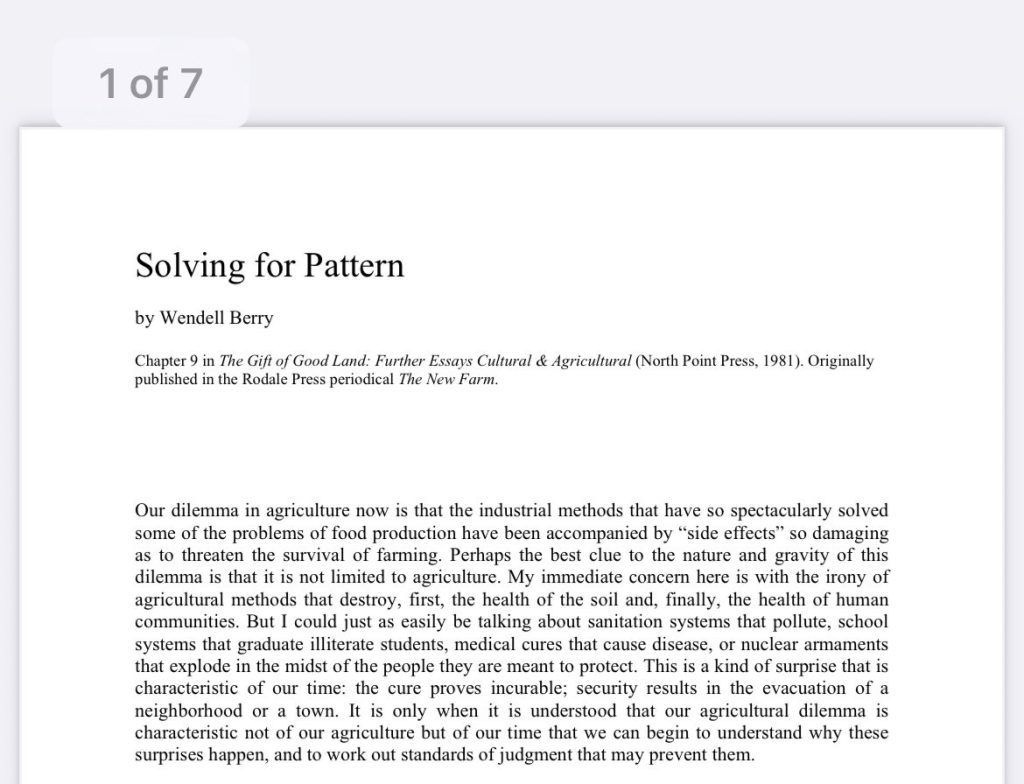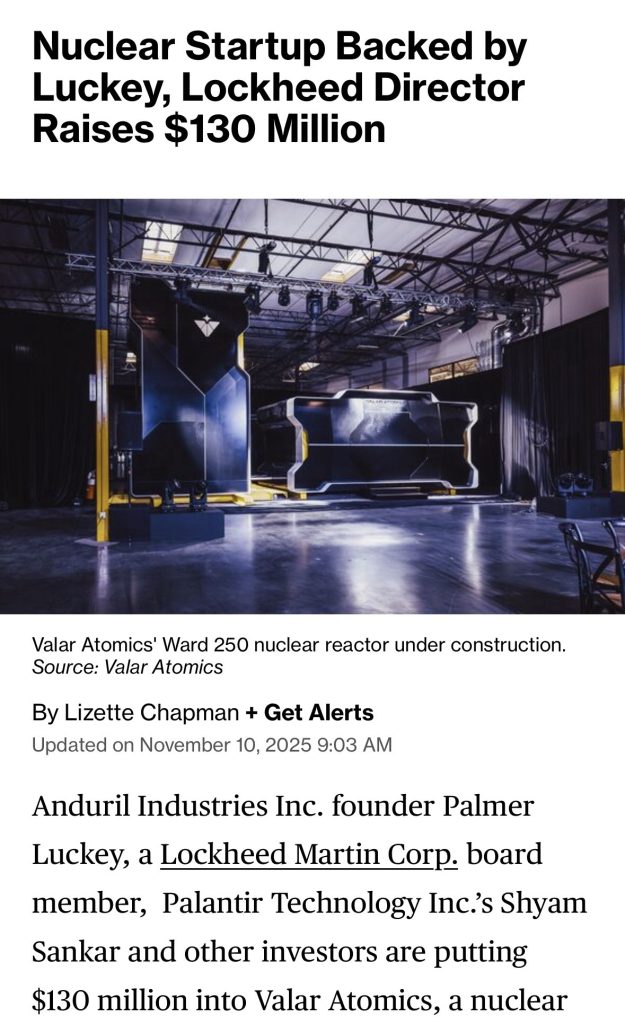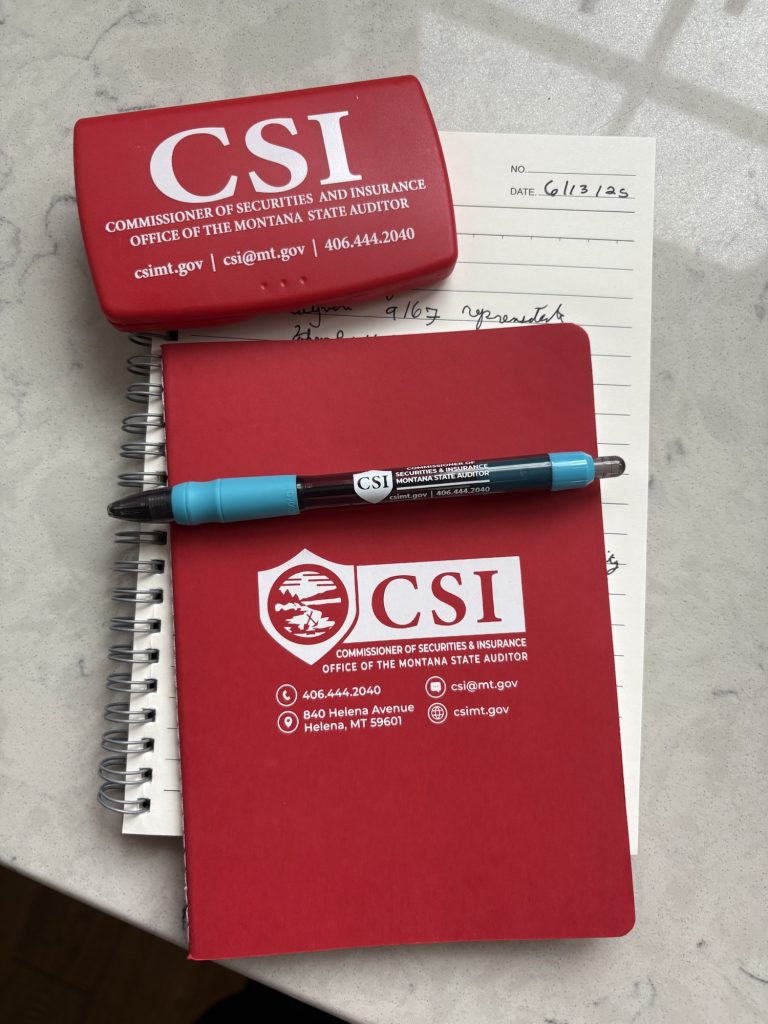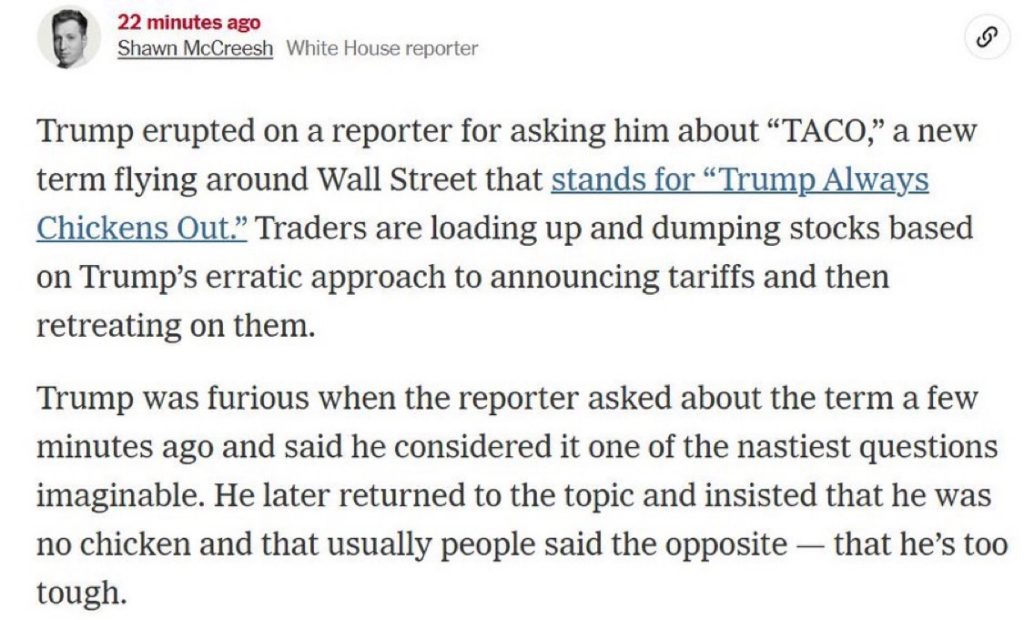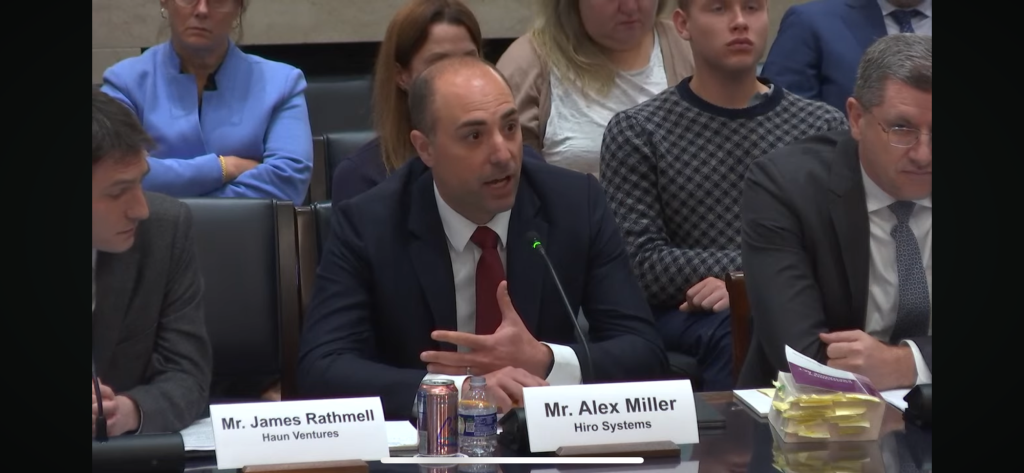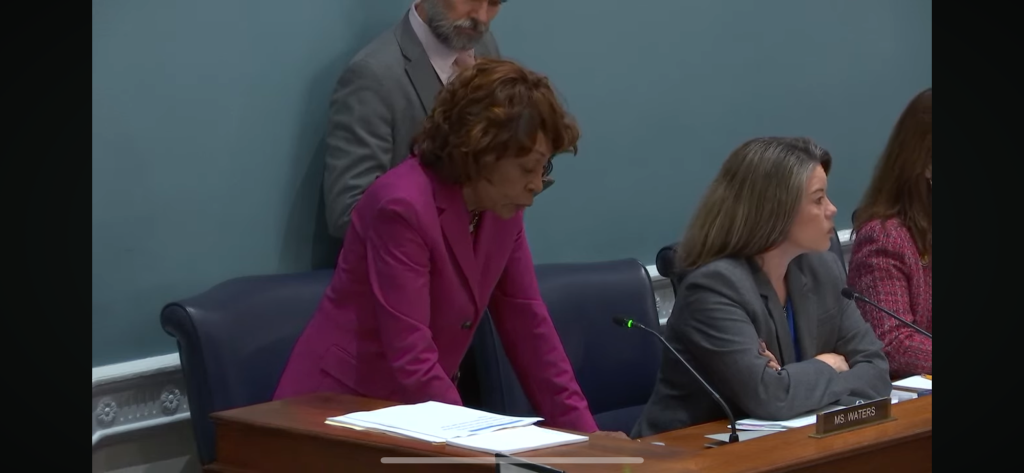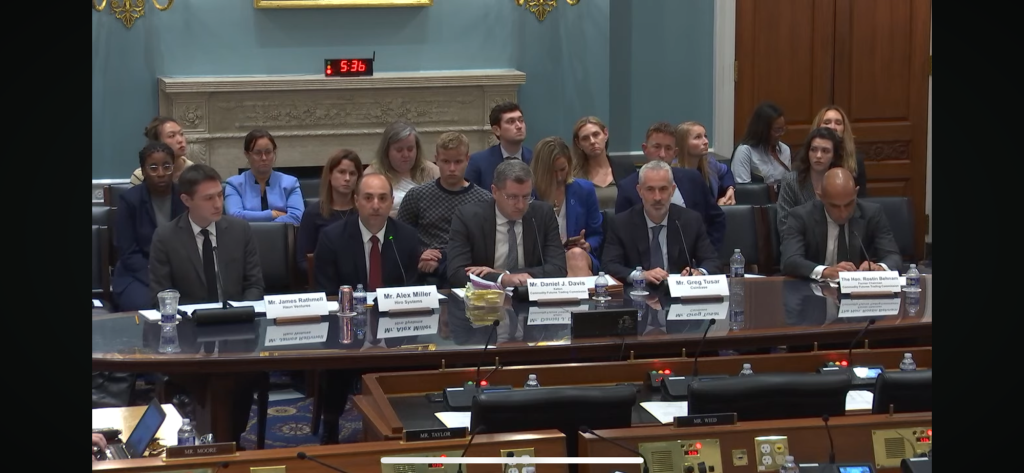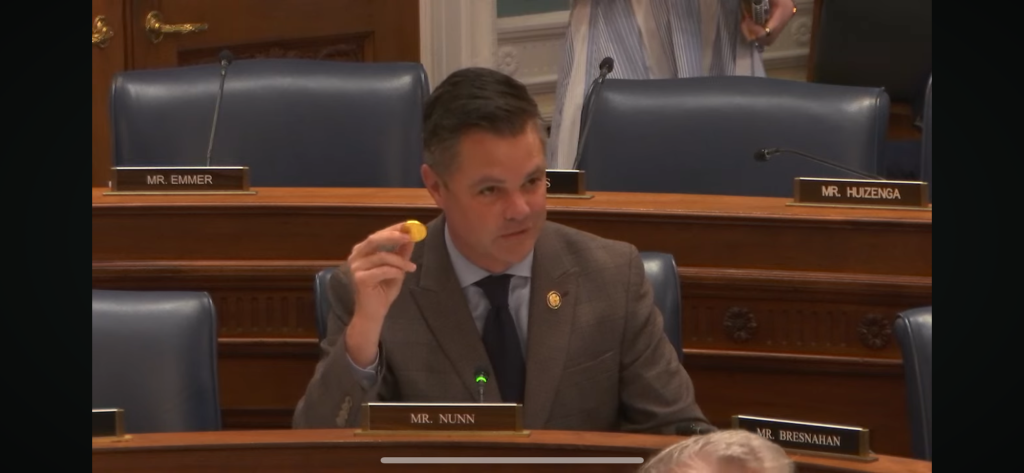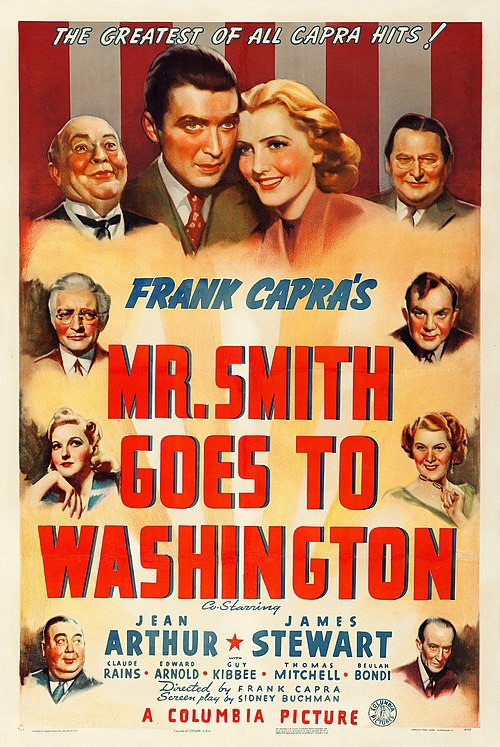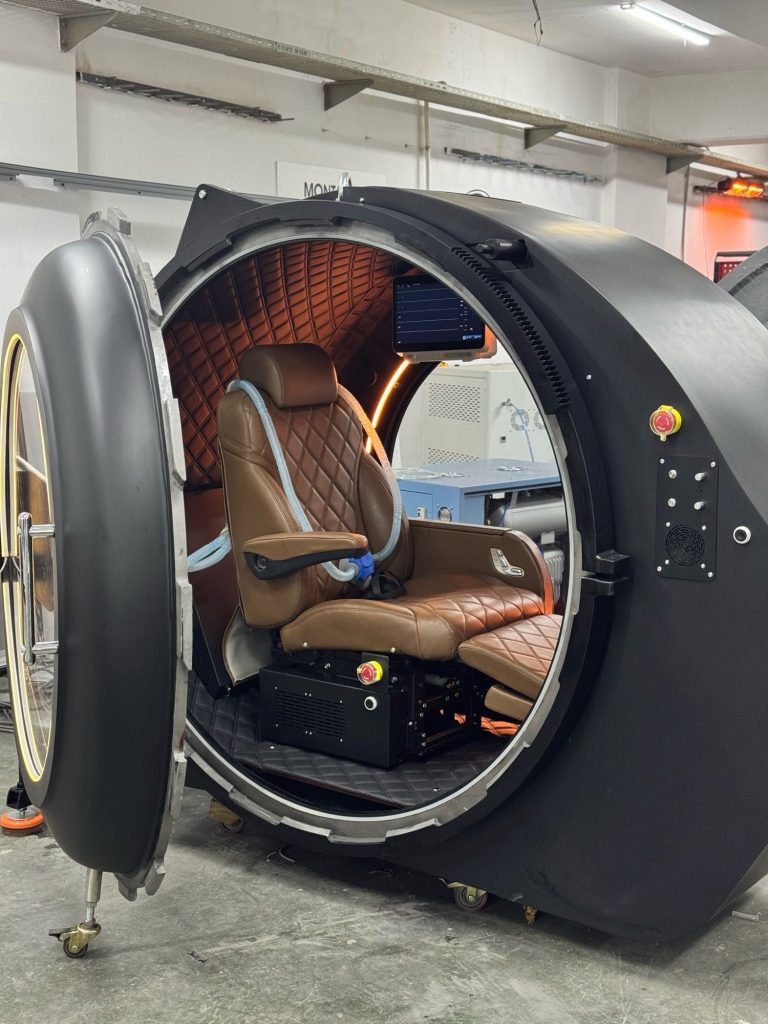I have been catching up on Odd Lots which is the one podcast I listen to with any consistency. As all discussions about economics boil down to great power discussions as of late. The times they are indeed a-changing.
I noticed that both hosts brought up their collegiate studies of international relations across two back to back episodes. First on the Thanksgiving episode with Graham Allison of Thucydides trap fame.
I just caught up on it today and then the subsequent interview with Ray Dalio on his five forces episode. Joe and Tracy brought up international relations studies in both episodes as it does seem to be the current mood.
Dalio is always an enjoyable listen but I’m much more interested in Professor Allison as (to prove the joke Joe made) in the introduction that “a substantial portion of our listeners are really into ancient Greek history”
And indeed Joe is right. I’m a huge Thucydides fan, I went on a Peloponnesian War tour and am a regular visitor of the Balkans and its ancient Mediterranean and Roman history.
So naturally I have followed Allison’s work on rising power and its threat to established ones.
The US and China are in a “Thucydides Trap,” whereby the risk of war is heightened when an established power is threatened by a rapidly rising power. This is the framework that’s been popularized by Graham Allison, the Douglas Dillon Professor of Government at Harvard University. Professor Allison has been writing about China and the US-China relationship for decades
I guess all millennials grew up thinking we’d study these historical concepts in an eternal Pax Americana only to find the end of history wasn’t here to stay and we might fall into the trap. It’s just hard to imagine America feeling threatening to anyone at the moment.
As I listened to the episode, I happened to be walking through a neighborhood on the outskirts of a city that is keen to tear down some of its older homes to make way for new roads and denser apartment buildings. Much of those changes were clearly already in motion, as I saw cranes and construction crews.
The older homes looked multi-generational, but not in that wealthy polished way, so much as the middle income stalled economy compromise.
And yes you see it even in first world nations. In America and Europe, many conditions would benefit from more of a longhouse “in it together” approach. As elders stretch on in years and millennials go into middle age with few markers of adulthood. You’d think we’d want more of these style of homes.
I wondered if a city carving out the old construction through imminent domain tactics and buyouts, would make this outskirts neighborhood more vibrant. It would certainly bring in new buyers of condominiums. Consumption must go up.
I wondered about the families inside of the homes that looked more like multi home construction. Gates and other obstructions made it hard to tell, but the impression I got was more middle income local maxima family compound trap.
China rising, while the first world learns it may be more second world than it realized, makes me wonder if we’ve got it all wrong. More of the planet is in the middle income trap than the World Bank realized.
What if there is no Thucydides trap to fear as other powers sputter and stall. We long for an artificial intelligence boom to launch the globe into a high earning high efficiency world.
Sociologist Salvatore Babones and political scientist Hartmut Elsenhans call the middle-income trap a “political trap” as economic methods to overcome it exist. However, few countries use them because of their political situation. They trace the causes of the trap to the structural problems and the inequalities generated in the early development process.
According to them, the wealthy elites then follow their interests by bargaining for a strong currency which shifts the economy’s structure towards the consumption of luxury goods and low-wage labor laws, which prevents the rise of mass consumption and mass income. Via Wikipedia
That sure sounds like a lot of the problems we see in America and Europe. All we are doing is getting gummed up in Baumol’s Cost Disease as we try to reinvent new ways of living that consume what remains of the old without the new going as fast as is needed.
But old multi-generational homes blocking the expansion of a city won’t get anyone to mass affluence. So it’s time to bulldoze old neighborhoods and make luxury boxes in the sky.
Not sure that ended well for China either. They popped their real estate bubble. And they wisely tamp their currency to export all their consumer goods. They might be stuck in a local maxima middle income trap too. Maybe Thucydides isn’t the framework here. Or maybe war is the only reset humanity knows.
I myself am hoping we choose to go to space instead but the South China Sea sits waiting. The only currency that matters in this strange moment is GPUs and that’s a different trap entirely.
